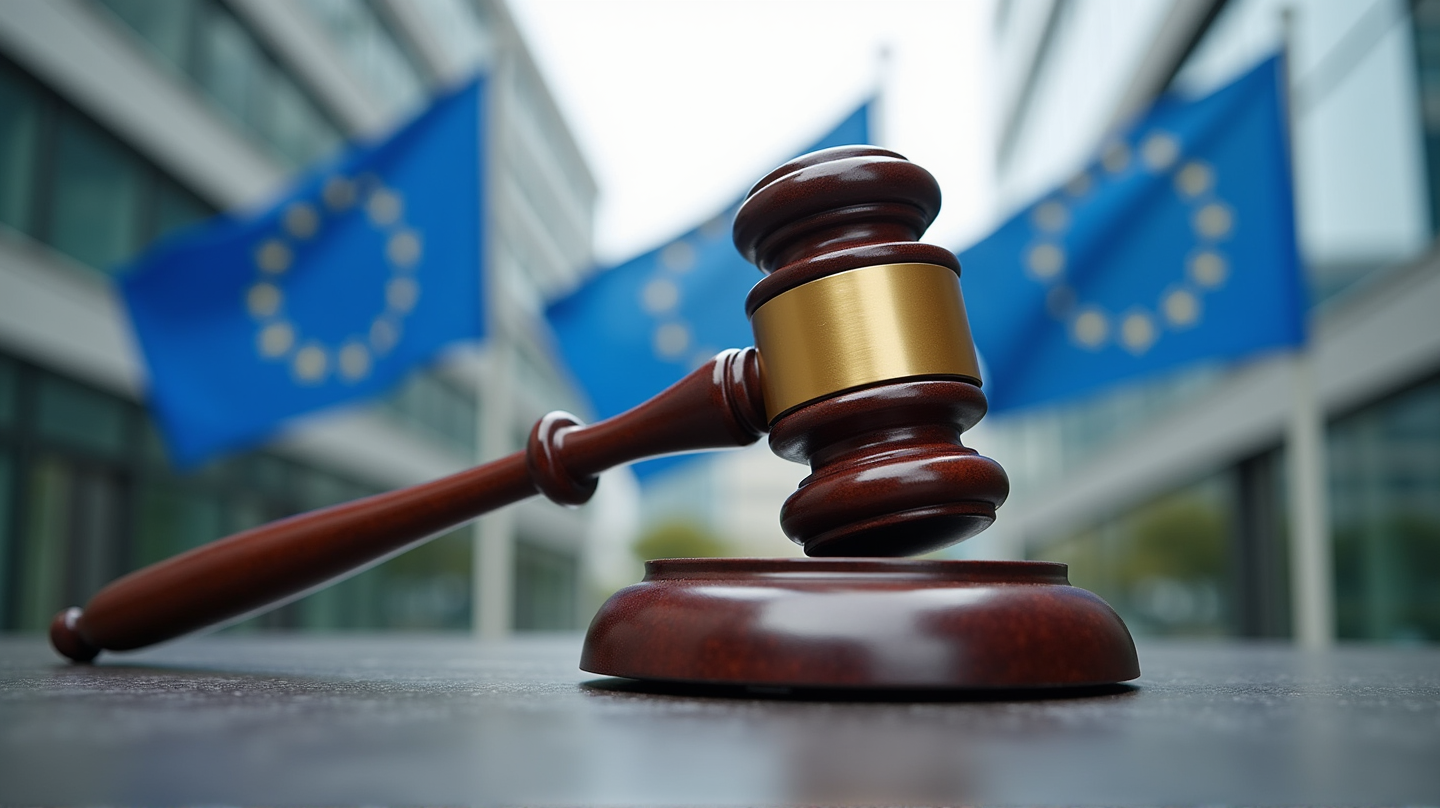In an unprecedented move that has rattled the tech world, the European Union has slapped Google with a staggering €2.95 billion fine for abusing its dominant position in the advertising technology sector. The decision, announced by the European Commission, underscores growing tensions between the EU and the tech behemoth over competition fairness.
The Penalty
According to The Guardian, this monumental decision marks the fourth antitrust penalty leveled against Google by the EU. Regulators have accused the company of engaging in self-preferencing practices—favoring its own advertising services over those of competitors—resulting in significant ramifications for the industry. The order comes with a directive to cease these practices, although the regulators stopped short of demanding a breakup of Google’s ad tech empire.
Google’s Reaction
Responding to the ruling, Google has been quick to voice its dissatisfaction. Lee-Anne Mulholland, the global head of regulatory affairs, criticized the decision, arguing it would impose undue hardships on European businesses. “It imposes an unjustified fine and requires changes that will hurt thousands of European businesses,” she said, hinting at the looming legal battles as the company seeks an appeal.
Past Antitrust Assaults
The latest sanction traces back to accusations made more than two years ago when the European Commission charged Google with similar violations. Back then, officials hinted at the necessity of breaking up parts of Google’s operations to ensure fair competition. However, such drastic measures have been set aside for now, which might partly reflect complex geopolitical undercurrents.
Broader Implications
While this decision marks a step back from previous threats of compelled sales, it sends a clear signal that the EU is rigorously policing tech giants to ensure competitive markets. Online display ads, the focus of this investigation, are pervasive, tailoring advertisements based on user behavior—a fertile ground for potential antitrust issues.
In the face of these challenges, Google has maintained its stance, asserting that there’s nothing wrong in offering its services to willing buyers and sellers, emphasizing that alternatives are plentiful.
Navigating Forward
The ruling serves as a potent reminder of the regulatory hurdles tech giants must navigate. Amidst evolving digital landscapes and mounting scrutiny, how firms like Google adapt could significantly shape the competitive framework of global advertising, with Europe evidently leading the charge in regulation.
Stay tuned as this story develops, providing potential precedence for regulatory approaches in other regions across the globe.
